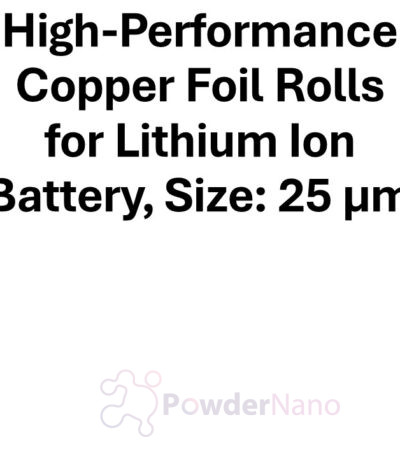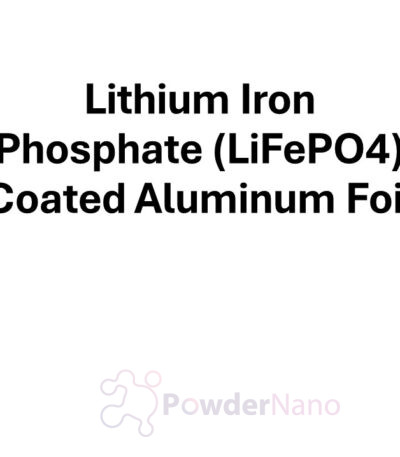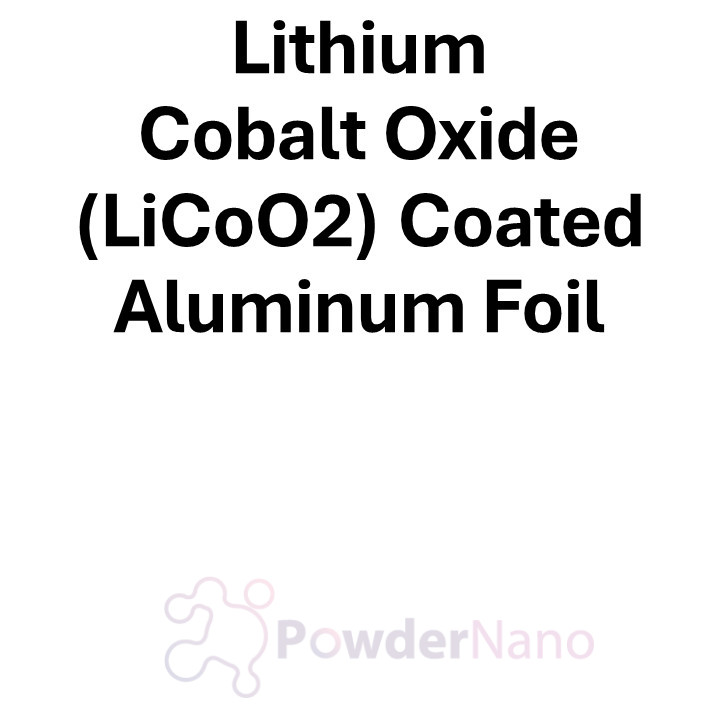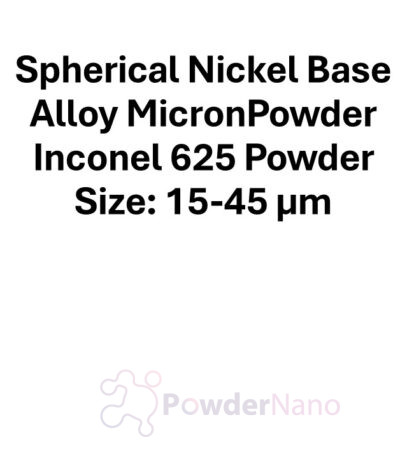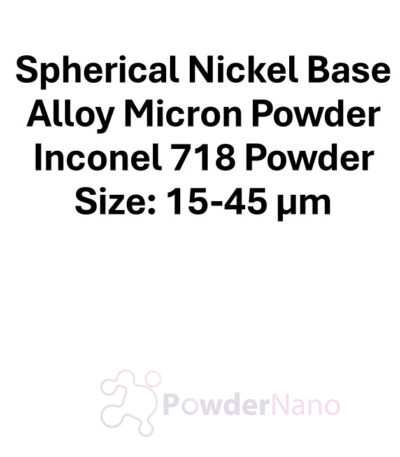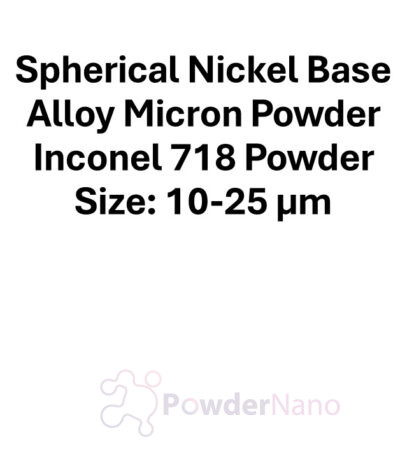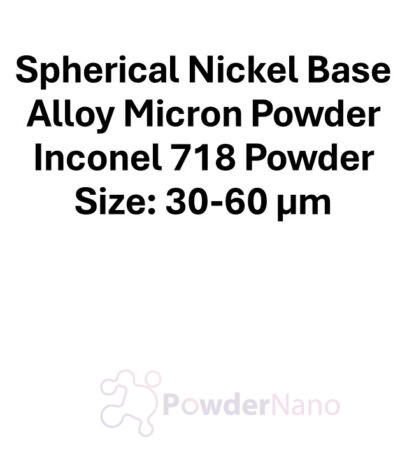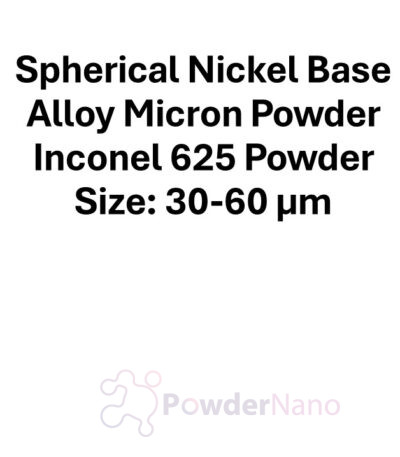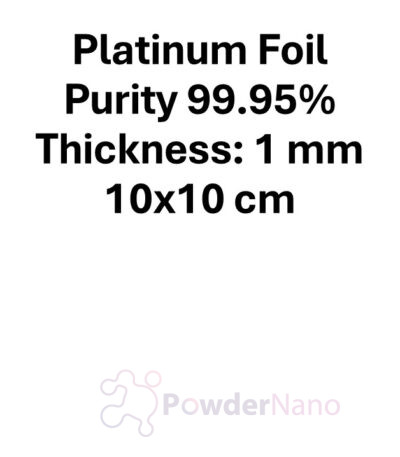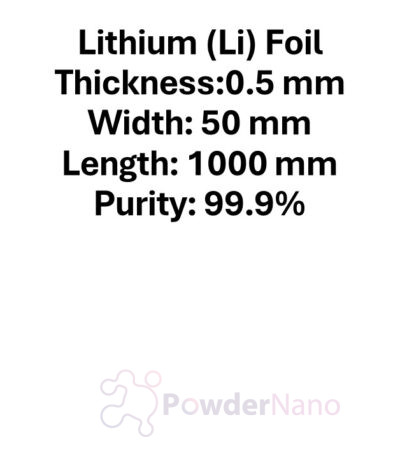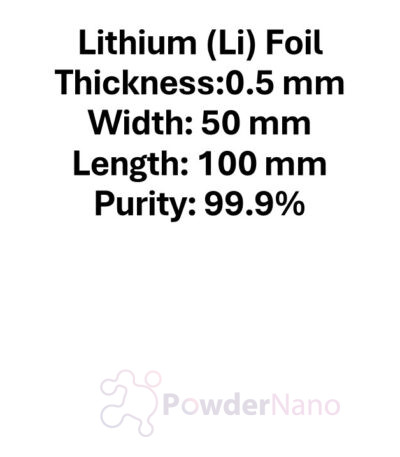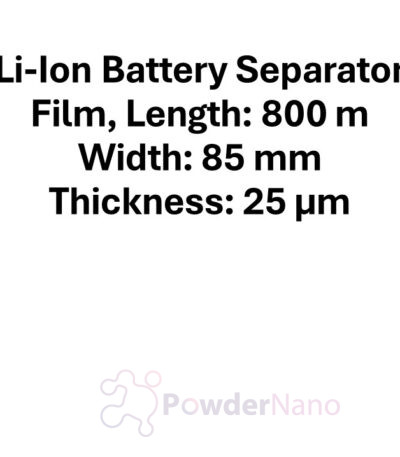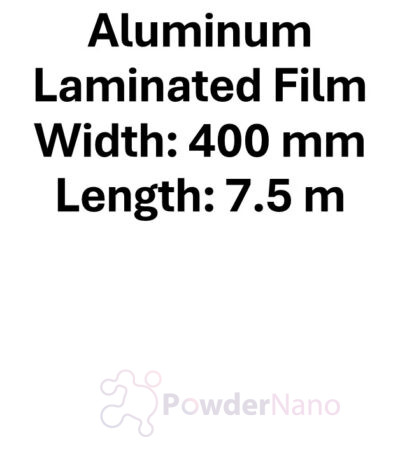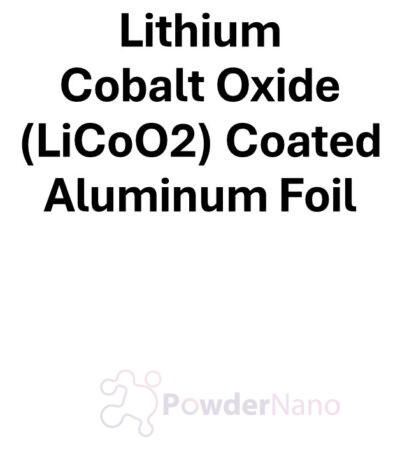Technical Specification:
- Material Composition:
- Active Material: Lithium Cobalt Oxide (LiCoO₂).
- High-purity material with excellent electrochemical performance.
- Substrate: Aluminum Foil.
- Acts as a lightweight and conductive current collector for the cathode.
- Binder: Polyvinylidene fluoride (PVDF) or equivalent.
- Ensures strong adhesion of LiCoO₂ particles to the aluminum foil.
- Active Material: Lithium Cobalt Oxide (LiCoO₂).
- Physical Dimensions:
- Aluminum Foil Thickness: Typically 10–20 µm.
- Coating Thickness: Customizable; commonly 50–100 µm per side.
- Width: Adjustable based on application (common widths range from 50 mm to 300 mm).
- Roll Length: Varies by specification; commonly 50–1000 meters per roll.
- Electrochemical Properties:
- Capacity: High specific capacity, typically 140–155 mAh/g.
- Voltage: Stable operating range of 3.0–4.2 V.
- Cycle Life: Long cycle stability under standard lithium-ion operating conditions.
- Mechanical and Thermal Properties:
- Adhesion Strength:
- Strong bond between the active material and the aluminum substrate to withstand mechanical stress.
- Thermal Stability:
- Operates reliably in a temperature range of -20°C to 60°C.
- Adhesion Strength:
- Surface Properties:
- Uniform Coating:
- Ensures consistent electrochemical performance across the cathode surface.
- Porosity:
- Optimized for electrolyte infiltration and ion transport.
- Uniform Coating:
- Packaging:
- Supplied in rolls, with protective layers to prevent surface contamination or damage during handling.
Applications:
- Primary Applications:
- Cathode Material for Lithium-Ion Batteries:
- Used as a critical component in rechargeable lithium-ion battery cells.
- Cathode Material for Lithium-Ion Batteries:
- Industries:
- Battery Manufacturing:
- Integral for producing lithium-ion cells for various applications.
- Consumer Electronics:
- Powers smartphones, laptops, tablets, cameras, and other portable devices.
- Electric Vehicles (EVs):
- Essential for lightweight, energy-dense battery packs in EVs.
- Energy Storage Systems (ESS):
- Used in renewable energy integration and grid-scale storage solutions.
- Battery Manufacturing:
- Advantages for Applications:
- High Energy Density:
- Lithium cobalt oxide offers a compact energy storage solution for high-demand applications.
- Reliable Performance:
- Long cycle life and stable voltage operation.
- Ease of Integration:
- Pre-coated aluminum foil simplifies manufacturing and ensures consistent performance.
- Thermal Stability:
- Suitable for standard operating conditions in consumer and industrial applications.
- High Energy Density:
- Specialized Uses:
- High-Energy Batteries:
- Ideal for devices requiring high energy density, such as drones and medical devices.
- Battery Research and Development:
- Used in testing and prototyping lithium-ion cell chemistries.
- Custom Battery Configurations:
- Enables tailored designs for modular and experimental setups.
- High-Energy Batteries:
- Challenges and Mitigation:
- Thermal and Safety Concerns:
- LiCoO₂ may pose thermal stability risks at high temperatures.
- Solution: Pair with advanced thermal management systems in battery designs.
- LiCoO₂ may pose thermal stability risks at high temperatures.
- Environmental and Cost Factors:
- Cobalt is a high-cost and environmentally sensitive material.
- Solution: Use responsibly in applications where its energy density advantage is critical.
- Cobalt is a high-cost and environmentally sensitive material.
- Thermal and Safety Concerns:
Summary:
Lithium Cobalt Oxide (LiCoO₂) Coated Aluminum Foil is a high-performance cathode material for lithium-ion batteries. With its high energy density, stable electrochemical properties, and ease of integration, it is widely used in consumer electronics, electric vehicles, and energy storage systems. The pre-coated aluminum foil simplifies manufacturing processes and ensures uniform performance, making it a critical component for advanced battery technologies.
